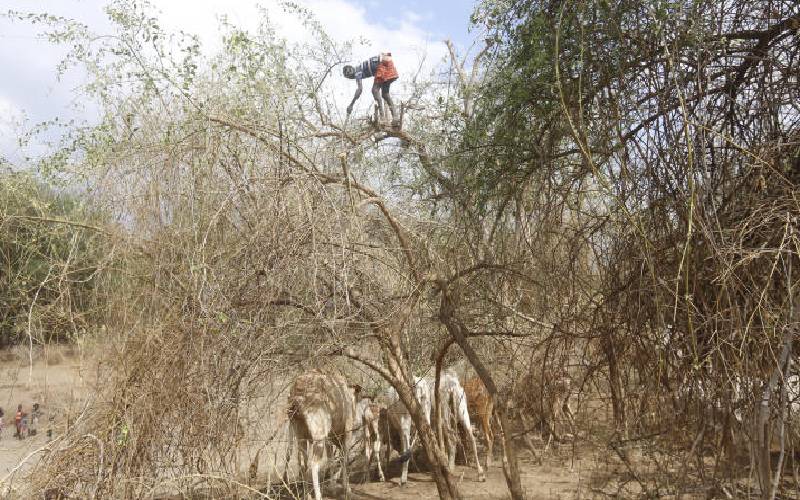×
The Standard e-Paper
Home To Bold Columnists

The Economic Survey 2022 released last Thursday by Kenya National Bureau of Statistics brings out the relationship between climate change and economic growth.
The survey brings out the contribution of sectors such as water, forestry, agriculture, fishing, wildlife, manufacturing, education, energy, to the economy. Then it states at the earliest opportunity: "In 2021, all economic activities registered positive growths except agriculture, forestry and fishing."